x

K12 is unique in offering real science for young students. The program balances hands-on experience with systematic study of scientific terms and concepts. Students perform many experiments to help them understand scientific principles, and receive guided instruction in important scientific concepts. Exploring life, earth, and physical sciences in each grade, K12 Science nurtures curiosity, analytical skills, and an appreciation of how the world is shaped by ongoing scientific and technological advances. Students learn about the human body, plants and animals, rocks and minerals, stars, matter, motion, electricity, magnetism, and much more. Through hands-on experiments, the program helps students develop skills of observation and analysis, and learn how scientists understand our world.
Science
Show Filter
Science 1 E1
Science 1 brings science alive by providing students a combination of virtual lab investigations (with options for hand-on learning), interactive lessons that provide opportunities for inquiry, and an array of e-books that capture students’ attention and grow their interest in science.
The curriculum begins with an overview of what science is and how to study it. Students then focus on plant and animal traits and relationships. In the last half of the course, students explore the patterns they see in the sky and examine how sounds and light are used to communicate and help them understand their world.
This course calls for the following household materials, though they are optional, since digital versions of all labs are available:
- cardboard box, large
- coin
- composition book, notebook, or loose-leaf paper to use as a Science Notebook*
- crayons, markers, or colored pencils
- flashlight
- number cube
- paper clip
- pen cap
- scissors, round-end safety
*Students may choose to keep a digital Science Notebook.
From: $900.00
Science 2 E1
Science 2 brings science alive by providing students with a combination of virtual lab investigations (with options for hands-on learning), interactive lessons, and an array of e-books that capture students’ attention and grow their interest in science. Students engage in science and engineering practices as they explore topics such as matter and its interactions, changes to the earth, and plants and animals. Throughout the course, students conduct investigations using digital tools and simulations. Some labs also include alternative investigations that use household materials.
This course calls for the following household materials, though they are optional, since digital versions of all labs are available:
- Science Notebook (required)
- pencil or pen (required)
- 3 plastic cups or jars (optional)
- water (optional)
- marker or pen (optional)
- tablespoon (optional)
- notebook paper (optional)
- 1/2 cup cornmeal or flour (optional)
*Students may also keep a digital Science Notebook.
From: $900.00
Science 3 E1
Science 3 brings science alive by providing students a combination of virtual lab investigations (with options for hand-on learning), interactive lessons, and an array of e-books that capture students’ attention and grow their interest in science. Students engage in science and engineering practices as they explore topics such as organisms, the environment, weather, climate, motion, and forces. Throughout the course, students conduct investigations using digital tools and simulations. Some labs also include alternative investigations that use household materials.From: $900.00
Science 4 E1
Science 4 E1 brings science alive by providing students a combination of virtual lab investigations (with options for hands-on learning), interactive lessons, and an array of e-books that capture students’ attention and grow their interest in science. Students engage in science and engineering practices as they explore topics such as weather, climate, earth’s place in the universe, organisms, ecosystems, waves, information transfer, motion, and forces. Throughout the course, students conduct investigations using digital tools and simulations. Some labs also include alternative investigations that use household materials.
This course calls for the following household materials, though they are optional, since digital versions of most labs are available. Other times, students will design their own investigation and choose their own household materials:
· Science Notebook (required)*
· pencil or pen (required)
· crayons or markers (optional)
· notebook paper (optional)
· pot (optional)
· pot holders (optional)
· ice cubes (optional)
· stove (optional)
· string or twine (optional)
· instrument, string (optional)
· water (optional)
· large plastic tub or bathroom sink (optional)
· plastic object or toy that floats, like a rubber ducky
· 1 rock or stone (1inch in size) (optional)
· 1 rock or stone (2 inches in size) (optional)
· 1 rock or stone (3 inches in size) (optional)
· large plastic tubs or containers (optional)
· clear glass (optional)
· plastic cup (optional)
· flashlight (optional)
· piece of wood or wooden surface (optional)
· mirror (optional)
· prism (optional)
· tap water (optional)
· magnifying glasses (optional)
· drinking glasses (optional)
· can, aluminum (optional)
· hand drum or appropriate substitute (optional)
· tape (optional)
· coin (optional)
· scissors (optional)
· stopwatch (optional)
· meterstick (optional)
· ball (optional)
· bat, or other long-handled implement (optional)
*Students may also keep a digital Science Notebook.
From: $900.00
Science 5 E1
Science 5 brings science alive by providing students a combination of virtual lab investigations (with options for hand-on learning), interactive lessons, and an array of e-books that capture students’ attention and grow their interest in science. Students engage in science and engineering practices as they explore topics such as matter, organisms, ecosystems, the earth’s systems, and the earth’s place in the universe. Throughout the course, students conduct investigations using digital tools and simulations. Some labs also include alternative investigations that use household materials.
This course calls for the following household materials, though they are optional, since digital versions of all labs are available:
- Science Notebook (required)
- pencil or pen (required)
- 4 tablespoons salt (optional)
- 2 tablespoons baking soda (optional)
- 2 tablespoons flour (optional)
- water (optional)
- spoon (optional)
- 6 plastic cups (optional)
- 1/4 cup (optional)
- 1 tablespoon (optional)
- vinegar (optional)
- marker or pen (optional)
- 1-2 ice cubes (optional)
- black paper (optional)
- 1 tablespoon powdered drink mix or sugar (optional)
- butter knife (optional)
- 2 shallow bowls (optional)
- 1 package celery stalk, lettuce or bok choy
- 1 cup soil (optional)
- 5-6 drops food coloring (optional)
- 3 plastic plates (optional)
- 1 balloon (optional)
- 1 tablespoon black pepper (optional)
- notebook paper (optional)
*Students may also keep a digital Science Notebook.
From: $900.00
Summit Life Science, Semester 2 (SCI07B)
The life science curriculum invites students to investigate the world of living things—at levels both large and small—by reading, observing, and experimenting with aspects of life on Earth. Students explore an amazing variety of organisms, the complex workings of the cell, the relationship between living things and their environments, and discoveries in the world of modern genetics. Practical, hands-on lesson activities help students discover how scientists investigate the living world. Students perform laboratory activities and a full-unit investigation to learn about the application of scientific methods.>$450.00
Entrepreneurship 2 (Project Based Learning)
This course is a Project Based Learning course (PBL). Students build on the business concepts they learned in Entrepreneurship I. Students continue to explore the different functions of business, while refining their technology and communication skills in speaking, writing, networking, negotiating, and listening. The purpose of this course is to prepare students to launch a small business venture.$450.00
Anatomy and Physiology, Semester 1 (SCI330A)
Increase your understanding about the form and function of the human body! Starting with the relationship between anatomy and physiology, you will then learn about cell structure and their processes. Discover the functions and purposes of the skeletal, muscular, nervous, and cardiovascular systems as well as diseases that affect those systems. Becoming familiar with the terminology of the human body is essential to those pursuing health sciences or wanting to gain a greater sense of how the human body works.
$450.00
Archaeology (Summer Condensed) (OTH031S)
This course is offered over a condensed 4 week term.
George Santayana once said, "Those who cannot remember the past are condemned to repeat it." The field of archaeology helps us better understand the events and societies of the past that have helped shape our modern world. This course focuses on the techniques, methods, and theories that guide the study of the past. Students learn how archaeological research is conducted and interpreted, as well as how artifacts are located and preserved. Finally, students learn about the relationship of material items to culture and what we can learn about past societies from these items.
$450.00
Agriscience 1: Introduction (Summer Condensed)
This course is offered over a condensed 4 week term.
Agriculture has played an important role in the lives of humans for thousands of years. It has fed us and given us materials that have helped us survive. Today, scientists and practitioners are working to improve and better understand agriculture and how it can be used to continue to sustain human life. In this course, students learn about the development and maintenance of agriculture, animal systems, natural resources, and other food sources. Students also examine the relationship between agriculture and natural resources and the environment, health, politics, and world trade.
$450.00
Summit Earth Science, Semester 1 (SCI06A)
The Earth science curriculum builds on the natural curiosity of students. By connecting them to the beauty of geological history, the amazing landforms around the globe, the nature of the sea and air, and the newest discoveries about our universe, the curriculum gives students an opportunity to relate to their everyday world. Students will explore topics such as the fundamentals of geology, oceanography, meteorology, and astronomy; Earth’s minerals and rocks; Earth’s interior; plate tectonics, earthquakes, volcanoes, and the movements of continents; geology and the fossil record; the oceans and the atmosphere; and the solar system and the universe.$450.00
NEED MORE INFO

THANK YOU!
We have received your inquiry and you will start to receive additional information about our school offerings and programs. An enrollment consultant will contact you shortly.
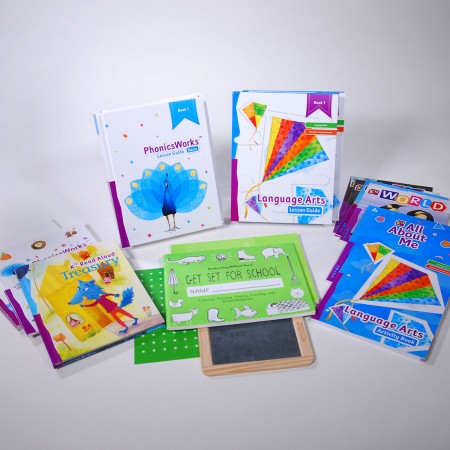
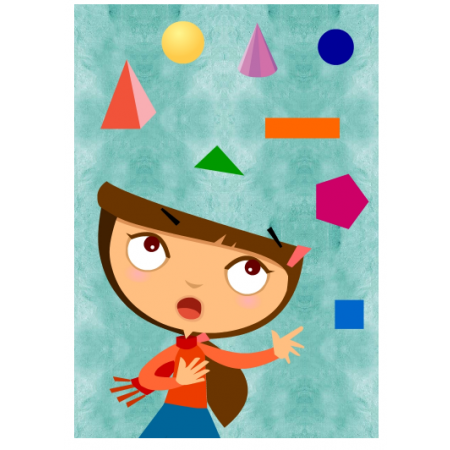

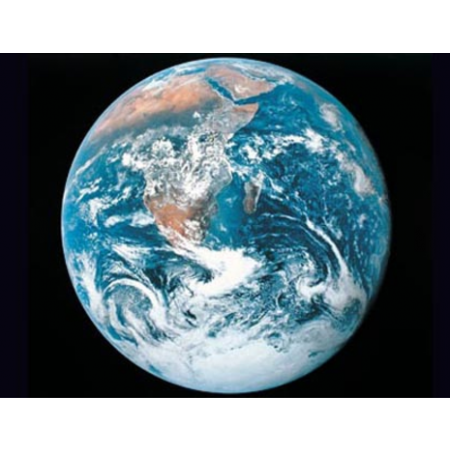

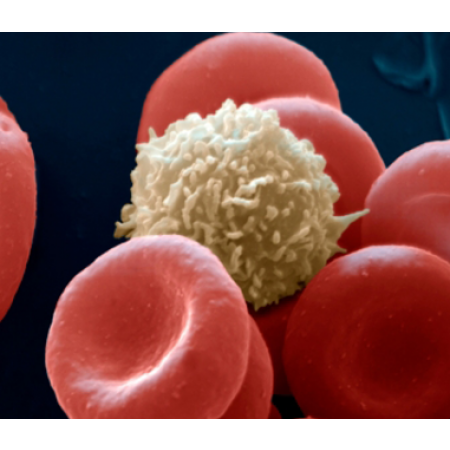
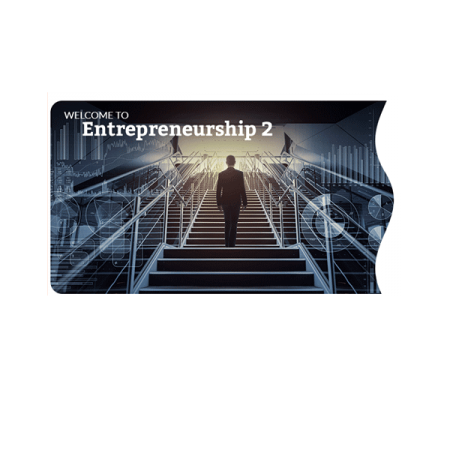
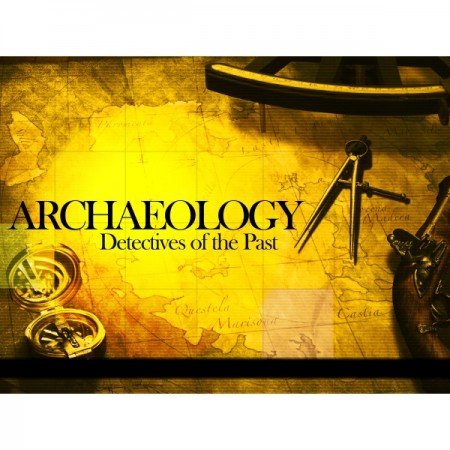
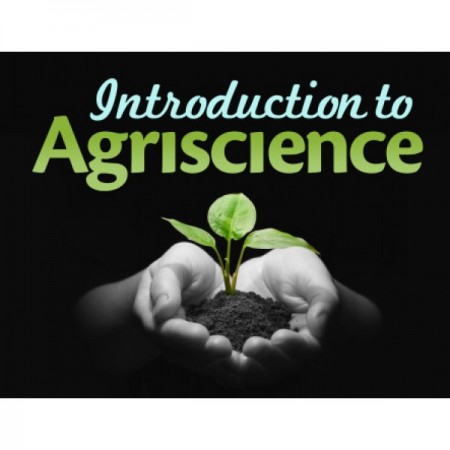
Science K brings science alive by providing students a combination of virtual lab investigations (with options for hands-on learning), interactive lessons that provide opportunities for inquiry, and an array of e-books that capture students’ attention and grow their interest in science.
The curriculum begins with an overview of what science is and who scientists are. Students then focus on plant and animal relationships and analyze the weather. In the last half of the course, students explore how the sun affects their world and explore the interactions between different forces.
This course calls for the following household materials, though they are optional, since digital versions of all labs are available:
*Students may choose to keep a digital Science Notebook.